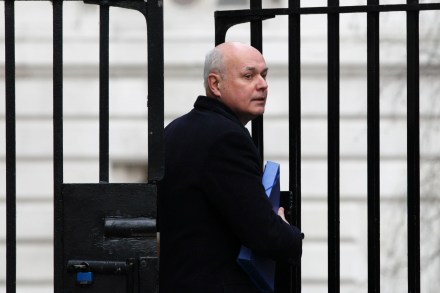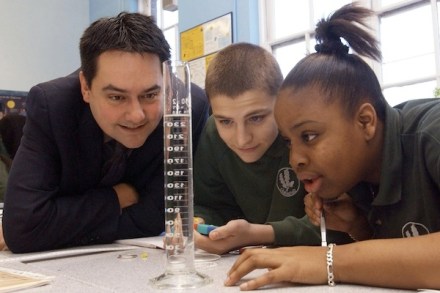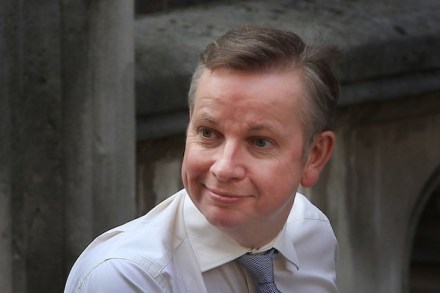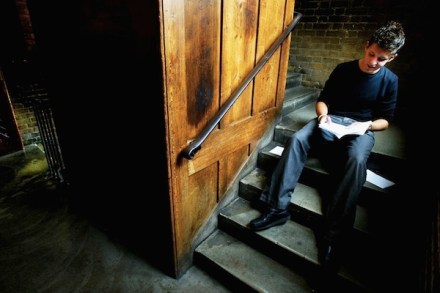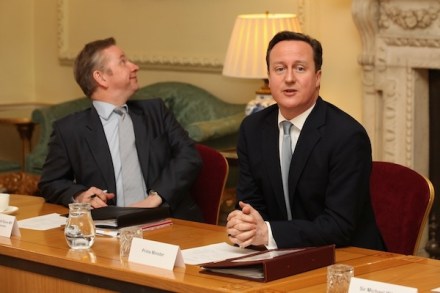Of snobs, nobs and plebs
The muggles of Tutshill, Gloucestershire, have a bone to pick with J.K. Rowling. Tutshill is where Rowling spent her unhappy teens and apparently it is the model for Pagford, the snob-ridden village in Rowling’s anticipated foray into “grown-up fiction”, The Casual Vacancy. The villagers (who I assume cannot have seen an advance copy of the book, which is in solitary confinement until its release on Thursday) are livid at the rumoured insult they are about to be paid. One resident quipped: ‘She is a fantasy writer after all. This sounds like another of her fantasies.’ Rowling’s fantasies, though, have usually contained a small measure of social realism. Hogwarts is recognisably a stereotype


